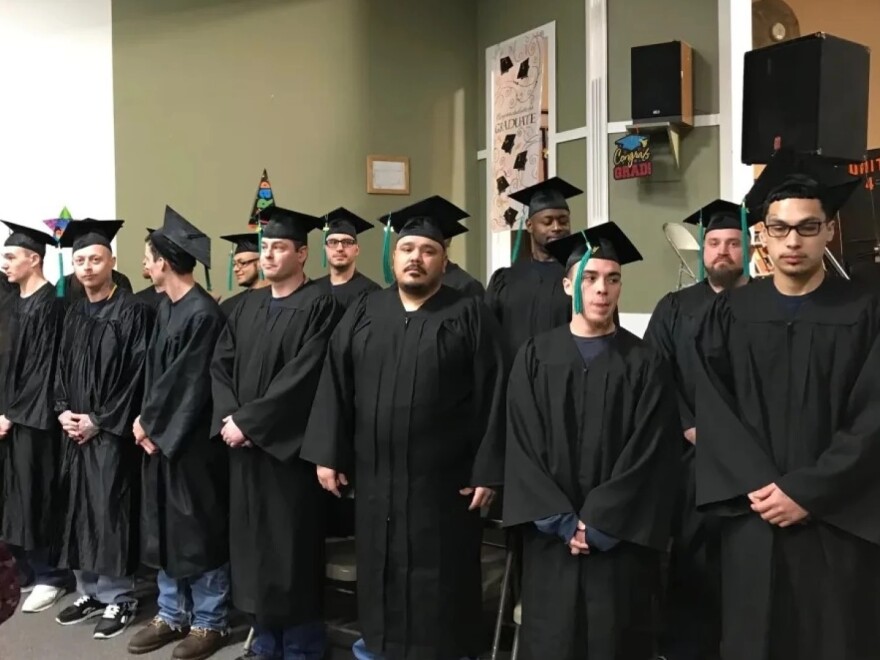Inmates in Oregon state prisons could have greatly expanded opportunities for higher education. The state will soon be able to funnel federal funding to allow state inmates to take classes organized by Oregon colleges.
Chemeketa and Treasure Valley Community Colleges currently offer associate transfer degrees for those incarcerated locally under a federal pilot program. Opportunities for bachelor’s degrees and technical training are now being considered for federal funding by Oregon community colleges and universities alike.
The movement to include incarcerated individuals in a federally funded grant program for higher education passed last October. Inmates had been excluded from receiving Pell Grants since 1994, as part of the Clinton administration’s “tough on crime” stance.
Randy Shaw, who is formerly incarcerated, said the everyday re-entry model was hard for him and others.
Shaw remembers getting out of prison and going to Walmart. For years, he had three choices of shampoo, and two choices of chips. The overwhelming options at the store were daunting for him, and he left immediately with a headache.
“We don’t know what the heck to do when we get out of prison," Shaw said during a March 28 meeting of the Oregon Senate's Committee on Education, which was considering a measure that would help state agencies to implement the expanded post-secondary educational opportunities. "With this program, people are actually coming out wanting to do this. They’re identified while they’re currently incarcerated, we walk them step by step through the process, we get them registered for school, we get the transfer process done. The idea is to make it seamless for them, so they don’t have the Walmart experience.”
Larry Bennett is the Assistant Director of the Oregon Department of Corrections. He said there is a strong link between education and employment, particularly employment that offers a livable wage, which can help with housing.
“We know from lots of research that individuals released from prison with stable housing and a job are far less likely to engage in criminal activity," Bennett told KLCC. "So we're back to that question that we all have to answer for ourselves, individually and in the way that we vote and the way that we communicate: ‘What kind of citizen or neighbor do we want to release from prison?’”
John Wykoff is the Deputy Director of the Oregon Community College Association. He said it’s been cumbersome for many institutions to meet eligibility standards, under the current pilot program, and those have managed to meet those standards are paving the way for this initiative.
“The colleges are very proud of the work they do, it has really, really measurable effects on recidivism. This is more of an extension of work we’re already doing and are very proud of," Wykoff said. "This is a bit newer for the universities, right? Because the colleges have been in the correctional facilities for quite a while.”
While Oregon’s community colleges have a long history of involvement with local correctional facilities, the new Pell Grant program will allow many more of them to establish and expand their educational courses and provide crucial funding opportunities to inmates who otherwise might have been left behind.
CORRECTION: A previous version of this story incorrectly identified Randy Shaw's professional affiliation. KLCC regrets the error.



